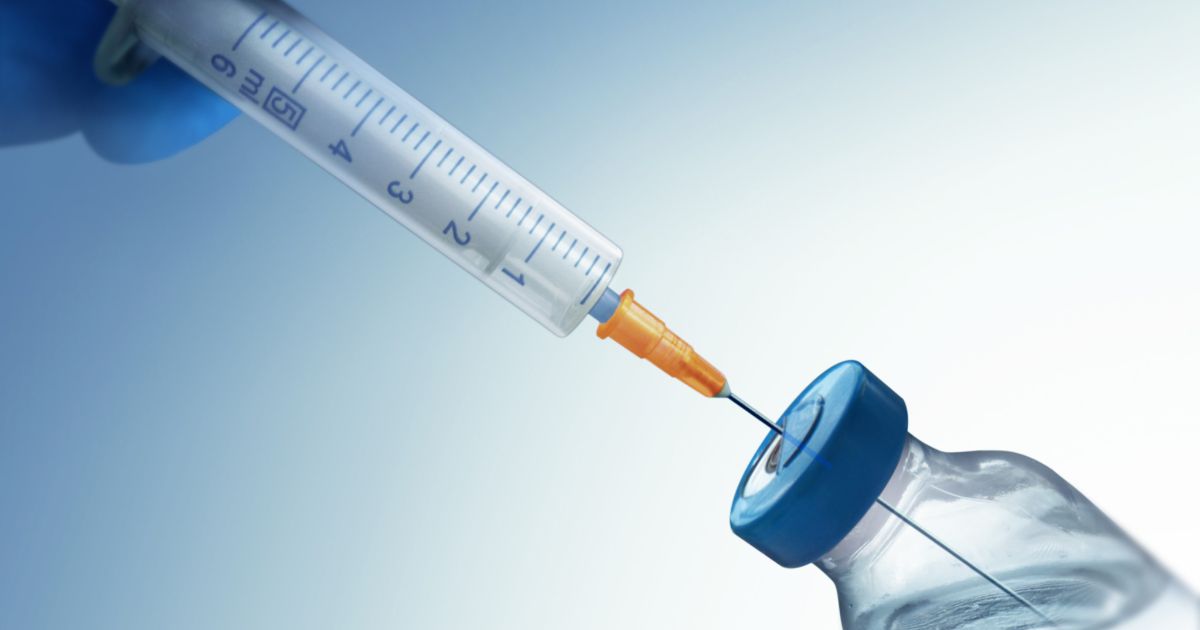Botulism 101: Types, Causes, Symptoms, Complications, Treatment, And Prevention
Antitoxin for Treatment

Using antitoxin for treatment of botulism should only be done under the supervision of a doctor. There are many risks associated with this form of treatment, each of which needs to be discussed and weighed with a knowledgeable medical opinion. Antitoxin treatment can cause patients with certain allergies to go into shock, so patients should be sure to first review any allergies they might have, especially to certain foods, dyes, and preservatives. Safety has also not been concretely established for pediatric and geriatric use. Women who are pregnant or breastfeeding also need to be extremely careful when proceeding with this treatment. Although antitoxins are effective in treating botulism, they have also been shown to produce some common side effects, such as headache, hives, nausea, rash, itching or reddening of the skin, and welts. Chills, fever, and discomfort in the throat are less common, but possible. More severe side effects include disruptions in blood pressure and heart rate, among many others.
